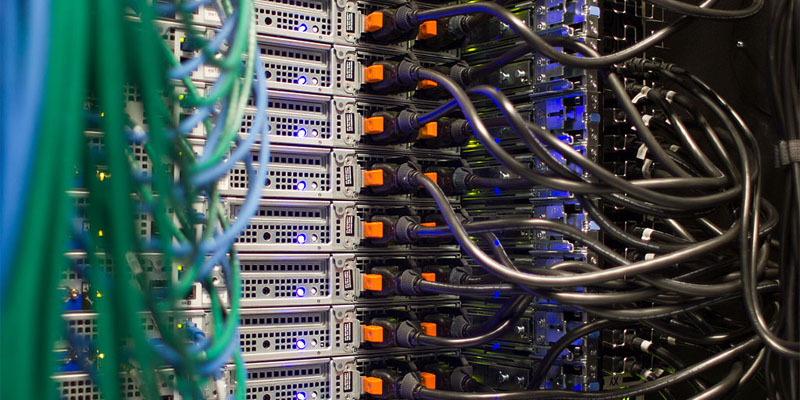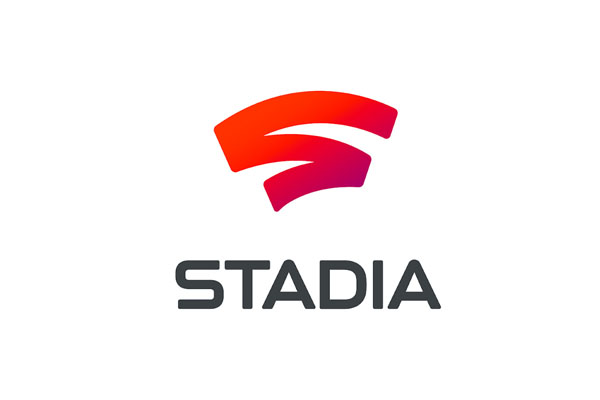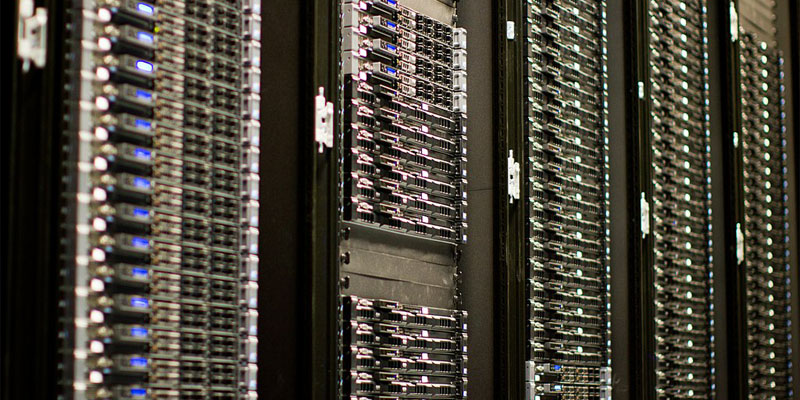Cloud Gaming (or, Game Streaming as some will call it) is marketed as a solution to commonly perceived shortcomings of both PC based and console based gaming — namely large install sizes and long download times for the games themselves and / or their updates, on top of the cost of the hardware in and of itself — you don’t need a high end computer or game console anymore!
Now, I’m not going to deny for a second that these aren’t annoying traits of games these days — they no longer generally just “run off of the disc” or anything like that, virtually always needing at least some kind of data install, updates and DLC are rampant, meaning more content you have to download and, depending on your internet connection, that can take a while, on top of the time to just copy data from the disc to the hard drive of the system — or download the whole game in and of itself.
Cloud gaming aims to mitigate these issues by not requiring you to download the games, or install them — everything is done on their remote servers, also negating the need for a high end system or game console. Nope, all you need is a device which can use the service… a service which may or may not be available in any capacity for the device you already own.

So, no need for a system to do the processing work, no need for local storage, no need to download anything. Cool, this will help everyone on a budget or with slow internet, who has to deal with these problems just to enjoy a game, right?
Oh, wait, no, it won’t, because to take advantage of the concept of cloud gaming / game streaming you need relatively top tier internet, which quite simply does not, and may never properly exist, in many areas.
Don’t understand? As always, let me explain exactly what I mean and if you pay careful attention this may make perfect sense to you. It gets a little complex, going into socioeconomic issues, but I’ll be sure to phrase it as straightforward as I can.
As I explained in a previous article, the key aspect by which such a game service lives or dies is the customers internet connection — the same internet connection which would be the source of the “long download time” problem.

The quality of internet service required for cloud gaming is such that it renders the lack of downloads pointless.
The general requirements for these services look to be 10 to 35Mbps — in laypersons terms, that’s not exactly a “slow” connection by any means. This also means that if you need to download a game, or updates, that will happen quite a bit faster than it would for someone with a slower internet connection who couldn’t use the Cloud Gaming service if they wanted to.
Thus, those who can take advantage of cloud gaming to eliminate download times wouldn’t even have long download times to begin with! This is ignoring also that one can set up the Xbox One or PlayStation 4, for example, to download game updates overnight, while the system is in sleep / rest mode, thus meaning you don’t often have to wait on any updates at all!
That’s strike one.
Cloud gaming can quickly become a more expensive way to game.
As I’ve discussed before, and will continually stress in any case where this is being discussed, a quality internet package can cost quite a bit in some areas, or may not even be available.
In any case, the internet connection they will need will cost money, and some people may, even if it’s available, not have the money to spare each month on both the cloud gaming service and the internet connection required for it, on top of whatever the games may cost with the cloud service of choice. They may well be fine at home with more modest connections and, by spending less per month they can better save up for one-time purchases like the console to play games on, the games themselves, and if they really need more space an external hard drive or some other storage solution.
A little patience for updates to download, or just installing only the games you really want to play, rather than every game you own (since most people only play one or two games at a time at most) can result in major savings by comparison.
That’s not withstanding that the more well-off person who may not have an issue paying top dollar for internet service likely also doesn’t have to “save up” for an external hard drive — they can just buy one on a whim and be fine.. thus also negating the cloud service benefit of “not needing space” when they can afford all the storage space they may need!
Strike 2.
You still need a device which can actually access the cloud gaming service you choose.
This is the funny part, to this. Often times people are saying you “don’t need a big, expensive console anymore” to play games when you use cloud gaming services, and they aren’t entirely wrong — yeah, a small device can handle simply streaming game video and commands, but that’s just it — you still need a device of some kind, and given the way things constantly change tech wise, it’s likely the device you buy now to use a service will only be supported for so long before it either loses all access, or is limited to only certain aspects of the service.
While yes, this can happen with a dedicated game console as well, you generally don’t lose the ability to use them at all, nor is local play of games really affected — I can still fire up my original Xbox console, for example, and play whatever I happen to own on it without any issues so long as the game doesn’t require Xbox Live (which was shut down for the original Xbox in April of 2010.) Beyond the loss of that online service, the system works just like it did, and always will barring equipment failure.
How long will a Chromecast be supported for Stadia? How long will it be before they upgrade the service to 8K, or something similar of a “major” change, and the previous device can’t do anything at all with it, or is “stuck” in a comparatively low res mode and you have to go out and buy a new device to take advantage of the latest features of the service, only for it to be, much like cell phones, rendered useless in a few years, possibly artificially locked out of the game service?
Compare that to the 5 to 7 year dominant life of the average game system and things really don’t seem to bad, especially when you remember generally all those games will stay playable and probably up-to-date for easily another 10+ years after that.
Strike 3, I think.

So what am I actually getting at? The fact is the general traits that people speak up about with Cloud Gaming, how great it is you don’t need to worry about X, Y, or Z, are usually mitigated by the nature of the service itself — not just how it works, but the fact that to really enjoy it requires a both living in a particular area which tends to have higher quality internet service — those areas virtually always being the “better off” parts of any given city, but also the money to afford such, which means you can likely afford anything else you may need. You don’t have to wait on downloads like someone who can only afford a lesser internet connection needs to, and if you run out of storage space, just run to Best Buy and grab a 2TB external. It’s not much out of your wallet, is it, compared to the guy who’s just trying to make it pay check to pay check and happens to love gaming.
The service has its points, sure — it would be especially cool for someone who’s out and about to be able to continue a game from home on, let’s say, their cell phone, but as an every-day thing? No. It’s a luxury. An extreme one, at that, for the gaming world, and honestly those people who are so heavily in support of it, who won’t stop talking about it (whom I call “CloudBros”) seem to come from a position of entitlement and privilege, not understanding that not everyone can devote the money to this, nor may they even live in an area where such is an option.
The point is, the people who benefit most from “Cloud Gaming” are the ones least impacted by the problems the concept claims to solve!
It really shows how out of touch many “gamers” are.
